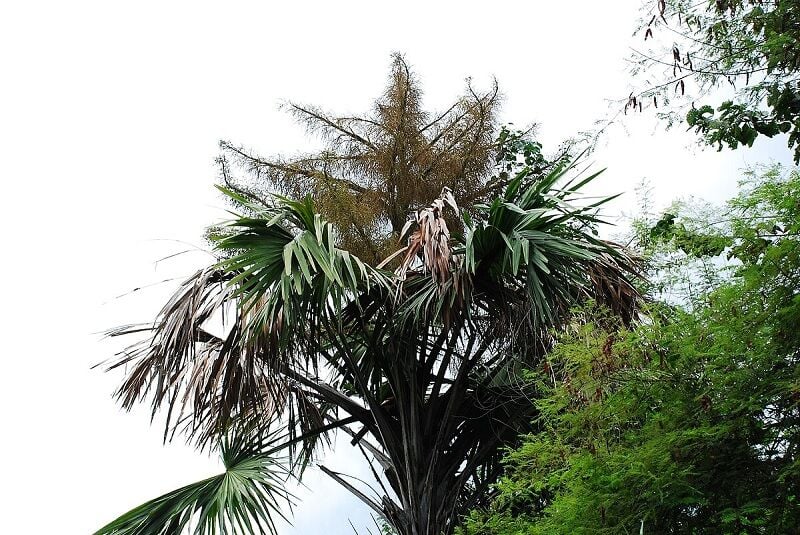Thap Lan park risks losing 265,286 rai to land reform project

Thap Lan National Park faces the potential loss of 265,286 rai of forest land due to an agricultural land reform project, according to Chaiwat Limlikhitaksorn, National Park Office Director. Concerned about this significant reduction, he has called on the public to oppose the government’s move through an online poll organised by the Department of National Parks, Wildlife and Plant Conservation until July 12.
Thap Lan National Park, spanning roughly 1.4 million rai, covers four districts in Nakhon Ratchasima and one district in Prachin Buri. This park is a crucial part of the Dong Phayayen-Khao Yai Forest Complex, recognised as a World Heritage site.
On March 12 last year, the cabinet led by Prayut Chan-o-cha authorised the Ministry of Natural Resources and Environment to revoke the protected status of the land in question, allowing it to be used for Sor Por Kor land plots to resolve ongoing disputes between locals and the national park.
The redefined borders follow the government’s One Map project, which standardises maps at a scale of 1:4,000 to address issues of overlapping boundaries, said Chaiwat.
“People should be concerned if the national park’s borderline will be changed due to last year’s cabinet’s resolution. With the new borderline, the department will lose 265,286 rai to the Office of Agricultural Land Reform (OALR).”
The land, once transferred to farmers, can be sold after five years, a solution Chaiwat deems inappropriate for resolving land disputes. Thap Lan was designated a national park in 1981, three years after OALR announced land reform plans for the area, initially covering 58,882 rai. However, a new survey and the One Map project in 2016 expanded the disputed land to over 260,000 rai, particularly in Soeng Sang and Wang Nam Khieo districts, which are popular resort areas in Nakhon Ratchasima province.
Other regions
Chaiwat highlighted that those occupying the disputed land include not only landless farmers but also investors and resort owners seeking profit. The loss of forest reserves in Thap Lan could trigger similar demands in other regions.
There are 316,560 households on disputed land nationwide today. He remarked If the Thap Lan model succeeds, the country will lose about 4.2 rai of forest land to those who have encroached. This situation contradicts the 20-year national strategy, which mandates preserving 40% of the country’s land as natural forest.
Before the new borders are finalised, public opinion will be gathered. Chaiwat urged people to voice their concerns via the online poll available on Thap Lan National Park’s Facebook page (facebook.com/ThapLan.NP) until July 12. Additionally, public hearings will be held on Thursday and Friday in Nakhon Ratchasima, Prachin Buri, and Sa Kaeo.
The collected opinions will be forwarded to the national committee overseeing the park for further consideration, reported Bangkok Post.
Latest Thailand News
Follow The Thaiger on Google News:


























